Date scribed: November 10th 2023
There is a BIG difference between fixing and healing a plural system; and though most well-meaning clinicians use terms and descriptions to define and frame the narrative of plurals as broken, what they really are doing is judging from a place of their perceived privilege for being a “singlet”.
Consistently, the dominant cultural narratives “other” those who are displaced to the margins whether plural, transgender, differently-abled, neurodivergent, different ethnicity/race, and so on and so forth.
When I offer trainings to improve cultural responsibility toward, with, and for LGBTQ+ folx, I often use the following illustration: the term indian giver, which is a pejorative used to describe a person who gives a gift and then later wants it back, more aptly describes Western Europeans than Indigenous Communities in the United States. Dominant cultural narratives often frame their negative behavior as belonging to the marginalized by placing those narratives of the dominant culture onto those with whom they are marginalizing and proclaiming: this is who they are!
Recently, I have been making my way through reading The Haunted Self by Onno van der Hart, Ellert R.S. Nijenhuis, and Kathy Steele. Though I find how they outline factors that influence primary, secondary, and tertiary dissociation most informative, as well as helping me frame some of my own narratives of experience, the overall descriptive language is one of negative judgment. The social location of being a “Normal” clinician as non-dissociative and of being in a position to help the haunted, fragmented, broken, masters of deception plural people is misguided at best and mistreatment at worse.
In fact, in the brief time (less than a year) that I have known of my own inner system, I have discovered that each one in my plural system has unique gifts and skills, likes and dislikes often working together to create a better existence; and yes, each carries their own trauma memories that deserve attention for healing, not fixing. As I get to know each part of my system more deeply and authentically, I am discovering my…our wholeness.
To read within The Haunted Self that, “Development of EPs over the course of time in chronic traumatization perhaps indicates a lowering of mental level for the previous part of the personality, such that another dissociative part is formed” (p. 67) causes me to say, bullshit.
On the contrary, as I recover the memories of my early developmental trauma, I find the opposite is true…not a lowering of mental level, but rather a raising. As a little person and then young person, we had to raise our game to survive. Separating made it possible for me (for us) to escape intergenerational trauma and become the first in the family to go to and graduate from college. I am a part of a network of family and friends, as well as active in the community. In fact, I am recognized as a successful business person in my community. And yet, we do not yet feel safe to come out as plural finding ourselves living within a community closet for safety.
Another illustration from The Haunted Self that is super judgy read as follows:
This active and sometimes elaborate internal life among parts is also quite common in DID, and often involves tormenting reenactments of abuse. Some dissociative parts that influence other parts seldom if ever act in the external world. The internal world, usually one of desolation and terror, can be as real to these parts as the external one, or even more real. In a few cases, it involves richly populated fantasy worlds that allow the individual to have artificial relief from the daily vicissitudes of life as a severely traumatized human being. (p. 77)
The initial thought I noticed upon reading those words was this: I hear a voiceover in my head mocking the authors by mimicking negative ethnocentric documentaries about “the natives” behavior in this descriptor of observing the plural person as if they were a specimen to be studied and pitied. And why are the authors framing the relief as artificial? And why aren’t the authors mentioning how parts within often also nurture and care for one another? The authors of this text lean into a glass half empty narration describing what they do not understand as broken, rather than adaptive. Since it is not their experience it is framed as negative, outside of acceptable, maladaptive, and inferior in comparison.
Additionally, the labeling of plurals as having ANP(s) and EP(s) is egregious and misguided in speaking to the experience and truth of our strength and power as plural people. ANP is an acronym for “apparent normal part”, which couldn’t sound any more judgy. EP is an acronym for “emotional part.” Both are labels created by those who live outside of our experiences; and label our experiences as othering because it isn’t their experience, which is always framed as superior. It is akin to labeling same gender relational love as “homosexual” with a derogatory narrow fixation upon the complexity and beauty found within the person, the relationship.
It is true that being a “dissociative system” has challenges and obstacles that may impede healing and wholeness within the System and/or within the System’s Community, however the social location of those challenges and obstacles are better placed outside the plural person rather than within them.
First, we are plural because of the disordered behaviors of others upon us. Second, we may be “maladaptive” as plural in the greater community because of the continued lack of support in healing with the trauma narratives we experienced; and once we receive appropriate support, our ability to thrive becomes evident; and we become much stronger. Thirdly, when we do begin to recognize our super powers, we continue to find the need to hide our “super powers” because of judgment and fear directed toward our adaptive and creative ways of surviving and thriving within our communities.
There was a time I called myself a “baby dyke” and now refer to myself as an “old dyke.” I mention this because I now reference myself as a “baby plural” in need of finding my tribe to help me understand and harness my super powers. As back in the early 90’s when there was no place to go in the greater community for support, I flocked to the “gayborhoods” to find my people; and so today, I find that I am flocking to the “pluralhoods” to do the same. And, I find once more, the need to translate narratives about me, by those who live outside of my experience and label my experience from a place of judgment, into a language that more accurately reflects what I am understanding to be my truth.
I wonder what the book might have been like if instead of being called The Haunted Self it was called The Healing System; and I wonder what these authors failed to report because they failed to see the beauty of being more than a “me”… by their inability to see the power of being a “we.”
By Dykalicious, a private practice owner and student in the ICM Advanced Certificate Program in Dissociation Studies

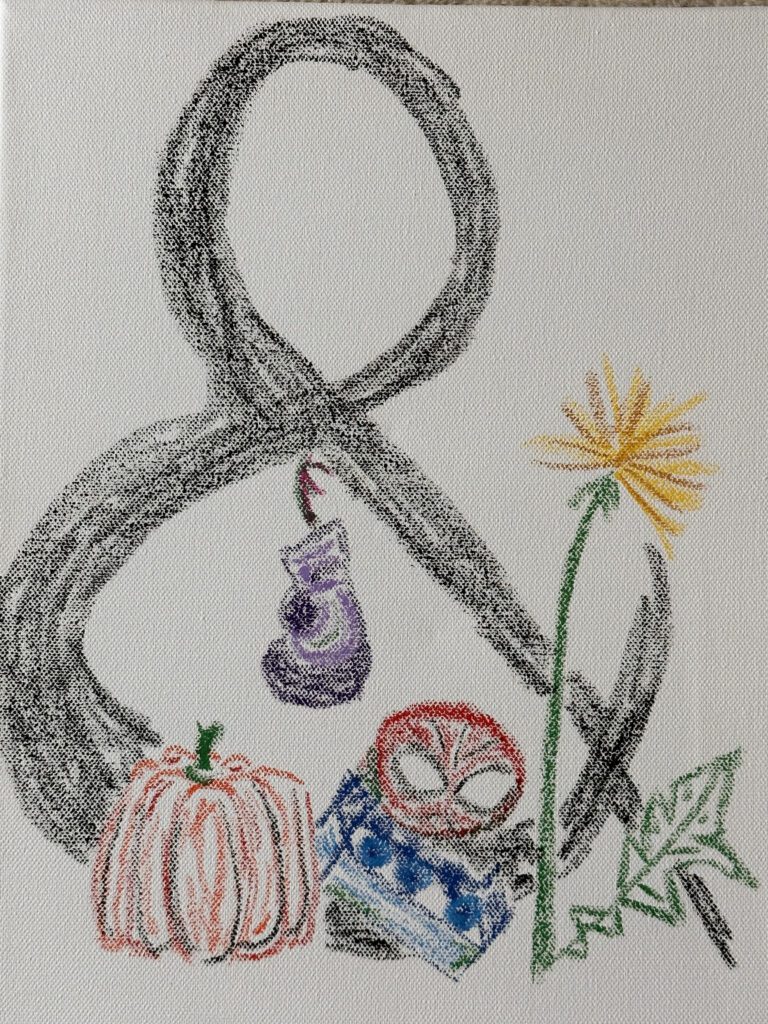
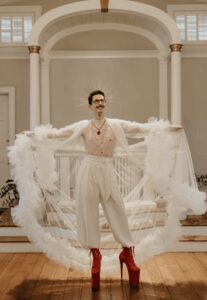
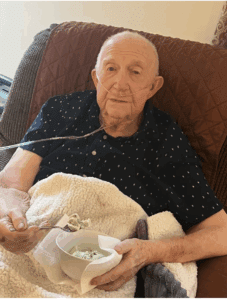
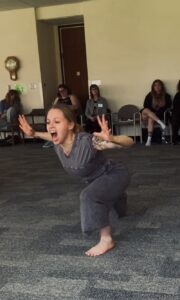
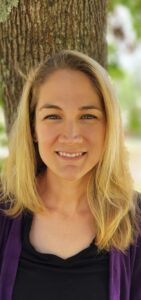
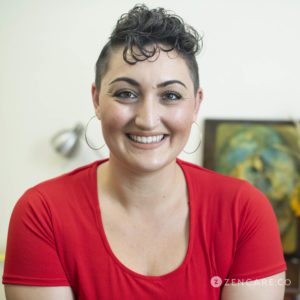

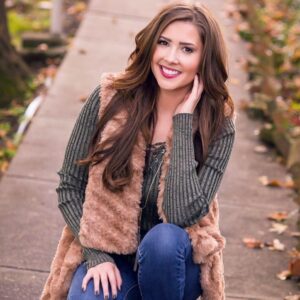
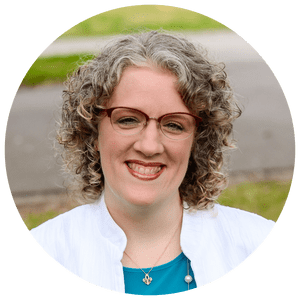
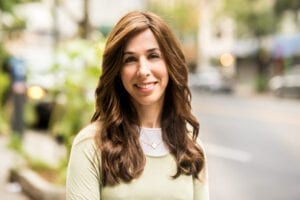
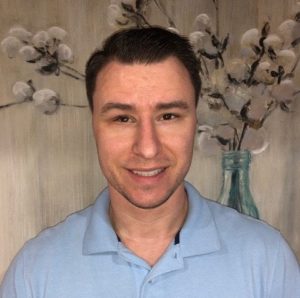
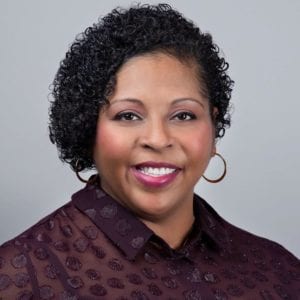
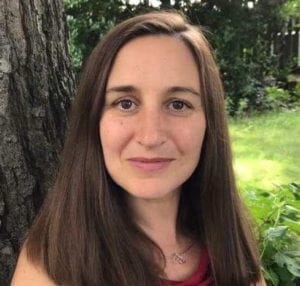

One Response
My system is the reason i am a brilliant therapist, good in a crisis, effective at all.
Thank you for normalizing this.
We might be the best folks to help